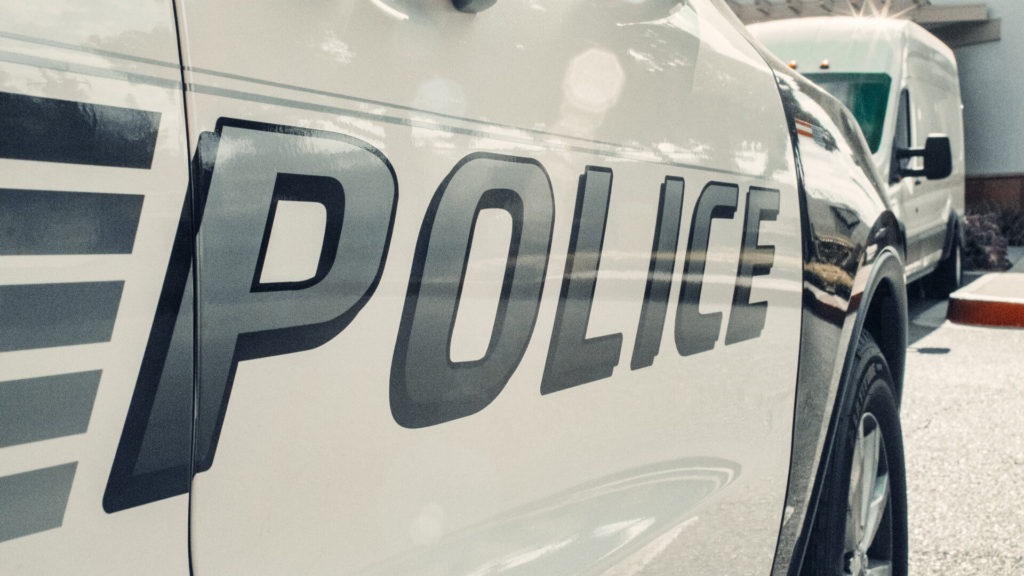When Policing Errors Lead to an Arrest


Whether you saw those intimidating red-and-blue flashing lights in your rearview mirror or were suddenly served an arrest warrant, your first thought was probably, “What did I do wrong?”
In many cases, the answer is… nothing. Police officers, like everyone else, can make mistakes. Unfortunately, these errors often lead to false arrests and weak criminal charges against completely innocent people. In our 30 years of experience, jD Law Criminal Defense Attorneys has witnessed numerous cases where defendants were put on trial due to a policing error. The good news is, we also have the knowledge to get these charges dropped.
Here are a few ways this can happen.
1. Pulling Drivers Over Without Probable Cause.
Law enforcement cannot pull over anyone they want on the road. Proper police procedures require that an officer have probable cause before making a traffic stop. For example, if an officer sees a driver swerving between lanes, speeding up and braking intermittently, or running red lights, then the officer may have probable cause to pull the driver over under suspicion of a DUI.
But if the driver was staying in his lane and maintaining safe speeds, then the officer would have no cause to pull him over, and any charges against the driver could be dismissed on the basis of an illegal traffic stop. This is a useful defense in DUI cases where officers administered field sobriety tests without probable cause.
2. Serving Unenforceable Arrest Warrants.
Officers can arrest suspects in two scenarios: when they actually witness someone committing a crime and with an arrest warrant. If an officer saw someone run out of store with a handful of cash and a gun, then she can reasonably arrest that person on robbery charges.
However, if the officer arrives at the scene of the robbery later and only has witness statements to go off, she will need to perform a thorough investigation before she can make an arrest. In addition, she will need to speak to a district attorney about petitioning a judge for an arrest warrant. Only after receiving an arrest warrant can she arrest the named suspect.
Arrest warrants are not foolproof. These documents need to have the name of the suspect, what charges the suspect is facing, the amount of bail set for the charges, which court issued the warrant, when it was issued, and a judge’s signature. If there is missing information, it can make the warrant invalid. In addition, police officers also need probable cause to get an arrest warrant. If that probable cause was based on false information or lies, the warrant can be made invalid.
3. Performing Illegal Searches and Seizures.
Like arrests, searches and seizures are based on probable cause. An officer can only search a home or vehicle if there is probable cause that a crime has been committed, and some cases require search warrants, which are still based on probable cause. For example, if an officer looks through a truck’s window and sees a brick of heroin, that is enough to allow the officer to search the vehicle based on the “plain view” doctrine.
Without this doctrine, the officer could not search the truck for drugs unless he or she had strong probable cause, such as that a K9 smelled a controlled substance nearby. Otherwise, a search warrant would be required. If an officer acquires evidence in an illegal search and seizure, then that evidence may be ruled inadmissible in a trial and lead to the case being dismissed.
4. Failing to Read Miranda Rights.
The Miranda Rights are some of the strongest protections someone has during an arrest. They guarantee you the right to remain silent, the right to an attorney, and the knowledge that anything you say can be used against you in court. Police officers are required to read all defendants their Miranda Rights, and once a defendant has invoked them, officers must honor those rights.
Juveniles also have additional protections. For example, minors 15 years or younger can only waive their Miranda Rights after speaking to a lawyer.
If an officer fails to read a defendant the Miranda Rights, it may be a breach of due process and could be extremely important to the defense.
Speak to a Board-Certified Criminal Law Specialist
If you or someone you love was falsely arrested, you need the knowledge of a San Diego criminal defense lawyer at jD Law Criminal Defense Attorneys. Our lead attorney is a board-certified Criminal Law Specialist and former LAPD investigator. He thoroughly understands proper police procedures and can immediately identify if an officer made a major error while arresting you. Our team can dig into the details of your case and advocate for reduced charges or a complete dismissal. Call us at (760) 630-2000 to get a free case evaluation.
Don’t Waste Any Time!
Call us today for a FREE Consultation
(760) 630-2000


- Criminal Law Expert - Led by a Board Certified Criminal Law Specialist. Read More
- 100s of Cases Tried - Since 1990, James Dicks has represented hundreds of clients. Read Bio
- Client Approved - Read our online testimonials from satisfied jD LAW Clients. Yelp Reviews
- May 30, 2024
When Juveniles Are Accused of Violent Crimes - May 20, 2024
What Should You Do During a Traffic Stop? - May 10, 2024
The Legal Concept of ‘Intent’ in Theft Crime …
 RSS
RSS




